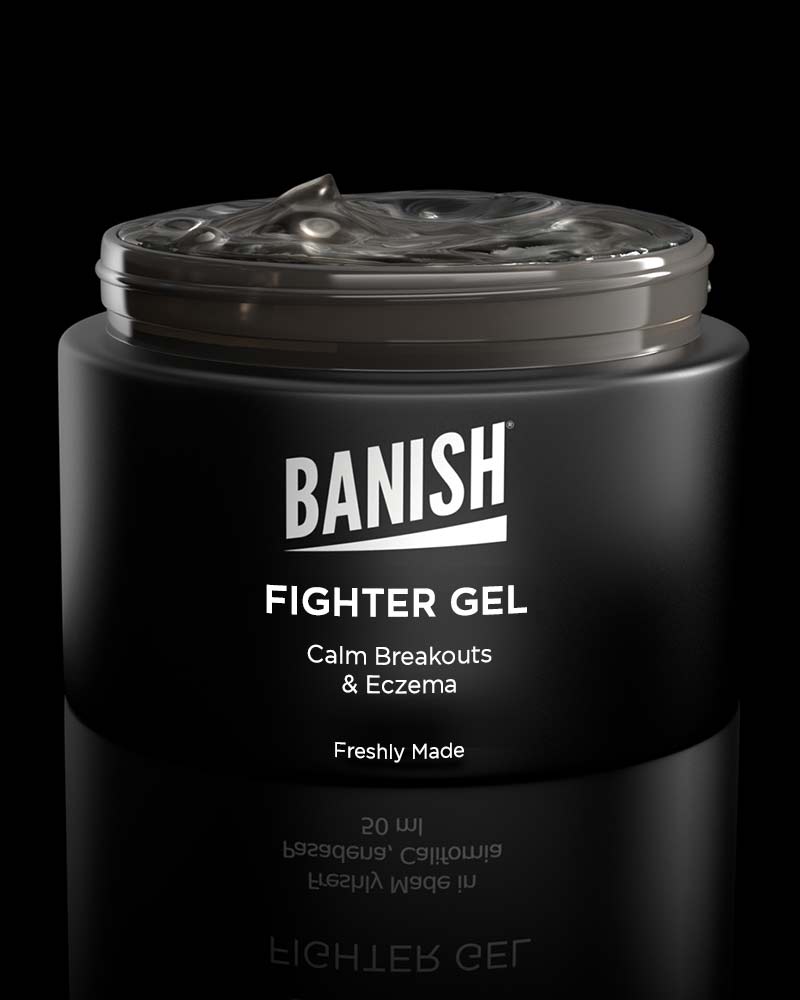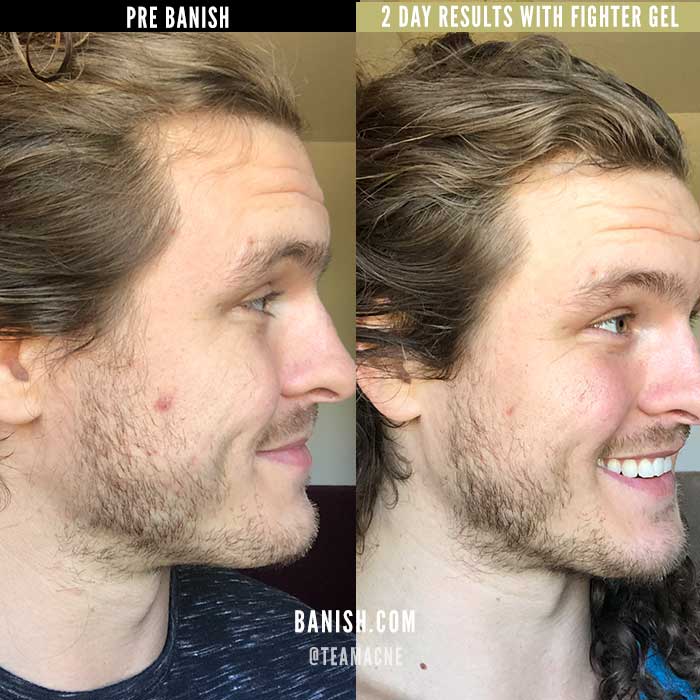
Would you be surprised if I told you that the acne you've been experiencing throughout your adulthood is actually rosacea? I recently had a friend tell me that while she thought she was struggling with acne over the past few years, upon visiting a new dermatologist she was diagnosed with rosacea. And after just a few weeks of the right treatment- all of her skincare woes vanished.
The two are so remarkably similar that they often are mistaken for one another. Not every single person who suffers with acne is actually experiencing rosacea, but the wrongful analysis between the two does occasionally occur and can lead to wrongful skincare treatments. Really-It's not uncommon for people to be misdiagnosed with acne by a dermatologist or other healthcare professional, when in reality it's actually rosacea.
This can be dangerous when a person, who believes they have acne, actually has rosacea and begins treating their skin as if it is acne prone (there is acne rosacea, but that’s a whole other story). It can leave you feeling frustrated when nothing is working and can exasperate your symptoms, making matters worse.
similarities between acne and rosacea
The two seem pretty different at a glance, so where does the confusion between acne and rosacea lay exactly? While they may have their differences, the two are also similar in many ways. When it comes to acne and rosacea you may experience:
- Pimples, or pimple like breakouts
- Redness and inflammation
- Sensitivity, tenderness, or irritation
- Occurrences of outbreaks on the face, chest, and back
differences between acne and rosacea
Besides the few common occurrences between the two, there are plenty of differences between acne and rosacea and by using this list you should be able to more easily differentiate between the two:
- Those who are acne prone tend to have oily skin while rosacea prone people have dry skin
- Those who are acne prone deal with a variety of blemishes- whiteheads, blackheads, pustules, and cysts while rosacea sufferers deal with pimple like breakouts that don't come to a head
- Those who are acne prone have redness around their breakouts ONLY while rosacea prone people may have red patches all over their face that come and go
- Those who are acne prone will have scars from larger blemishes like pustules or papules while rosacea prone skin will not
- Those who are acne prone tend to be younger while rosacea prone people are older
- In addition, rosacea sufferers will have large pores, visible blood vessels, and are usually very sensitive skin to makeup, skincare products, or even perfume.
rosacea vs acne triggers
Still not sure whether or not you are dealing with rosacea? Skin that flushes easily in the sun, heat, or when eating spicy food are all common rosacea triggers that may cause flare ups. While eating dairy heavy foods or excessive stress are both triggers for acne. Check out some more of the common triggers for acne vs. rosacea below:
Rosacea Triggers
- Strenuous exercise
- Hot food or beverages
- Sunlight
- Spicy foods
- Hot baths or saunas
- Alcohol
- Stress, anger, or embarrassment
- Drugs that dilate the blood vessels
Acne Triggers
- Hormones
- Medications
- Diet
- Stress
soo... is it acne or rosacea?
You may have acne, rosacea, or even acne rosacea- which is a combination of both! In the end you should see a skincare professional who can properly identify your skin condition instead of trying to guess and treat it yourself. But, if its glaringly obvious that you are dealing with mild case of acne and not rosacea, or vice versa, then you can feel confident treating it with OTC products. When it comes to acne and rosacea, it's about finding the right topical treatment, root cause, and avoiding your triggers.























Leave a comment
All comments are moderated before being published.
This site is protected by hCaptcha and the hCaptcha Privacy Policy and Terms of Service apply.